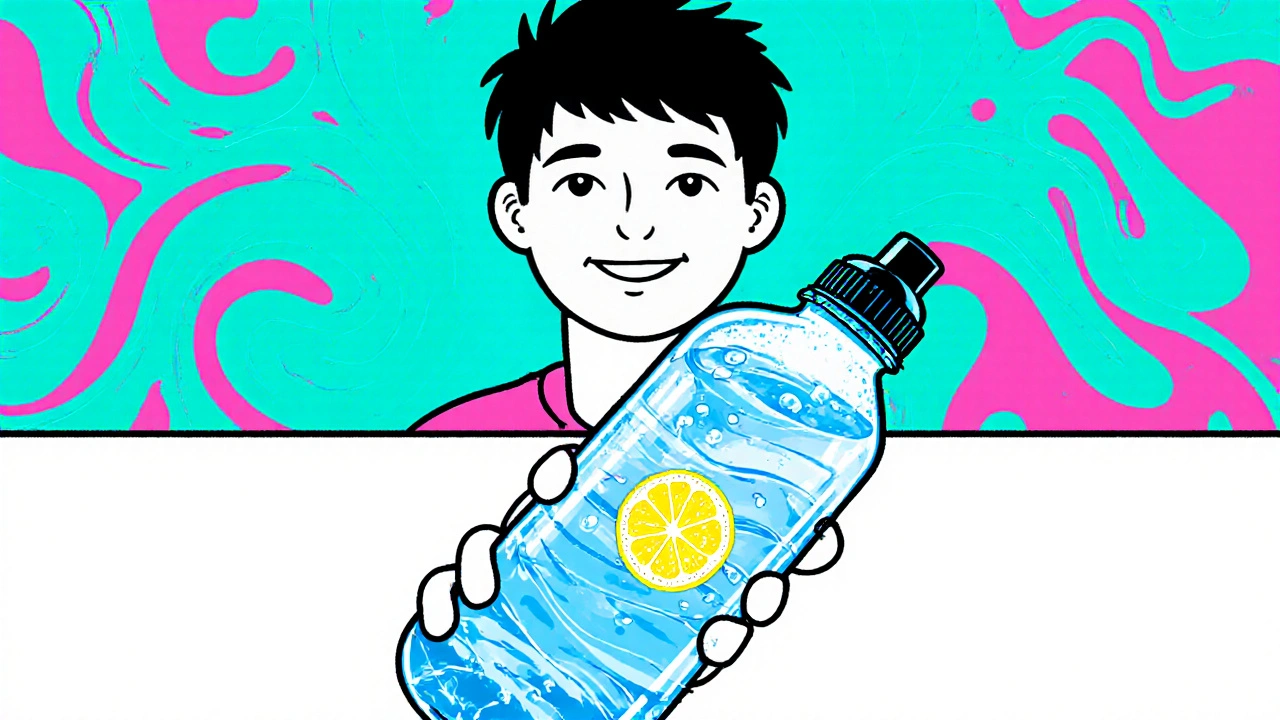Kidney Stones Prevention: Simple Ways to Avoid Pain and Repeat Episodes
When you have a kidney stone, a hard deposit made of minerals and salts that forms inside your kidneys. Also known as renal calculi, it can cause sudden, severe pain that makes you wonder how something so small could hurt so much. The good news? Most kidney stones are preventable. You don’t need fancy supplements or extreme diets—just a few smart, daily habits can cut your risk in half.
Drinking enough water is the #1 thing you can do. If your urine is dark yellow, you’re not drinking enough. Aim for clear or light yellow urine most of the day. That’s about 2 to 3 liters of fluid daily, especially if you live in a hot climate or sweat a lot. Water works best, but lemonade made with real lemon juice helps too—citrate in citrus blocks stone formation. Coffee and tea count too, but skip the sugary sodas. Studies show people who drink one soda a day are 23% more likely to develop kidney stones.
What you eat matters just as much as what you drink. Too much salt? That’s a red flag. Sodium makes your kidneys dump more calcium into your urine, which can form stones. Cut back on processed foods, canned soups, and salty snacks. Protein from meat can also raise your risk, especially if you eat it at every meal. You don’t need to go vegan, but try swapping one meat-based dinner a week for beans, tofu, or vegetables. And yes, spinach and nuts are high in oxalate, which can contribute to stones—but you don’t have to cut them out completely. Pair them with calcium-rich foods like yogurt or cheese during the same meal. Calcium binds to oxalate in your gut, so it never reaches your kidneys.
Some people think calcium supplements cause stones, but that’s not quite right. It’s the supplements—not the food—that can be risky if taken alone without meals. Get your calcium from food instead. Dairy, leafy greens, and fortified plant milks are safe and helpful. If you take a supplement, take it with food and talk to your doctor about the right dose.
Obesity and diabetes also raise your risk. Losing even 5% of your body weight can lower your chance of stones. It’s not about crash diets—it’s about steady changes: walking more, eating more veggies, cutting back on sugar. These habits help your kidneys, your heart, and your whole body.
If you’ve had a kidney stone before, you’re more likely to get another. But that doesn’t mean it’s inevitable. Many people who follow these simple steps go years without another episode. The key is consistency—not perfection. Skip a day of drinking water? Don’t panic. Eat too much salt one night? Just get back on track tomorrow.
Below, you’ll find real-world advice from people who’ve been there, plus clear comparisons of treatments, supplements, and lifestyle tips that actually work. No fluff. No guesswork. Just what helps—and what doesn’t.
